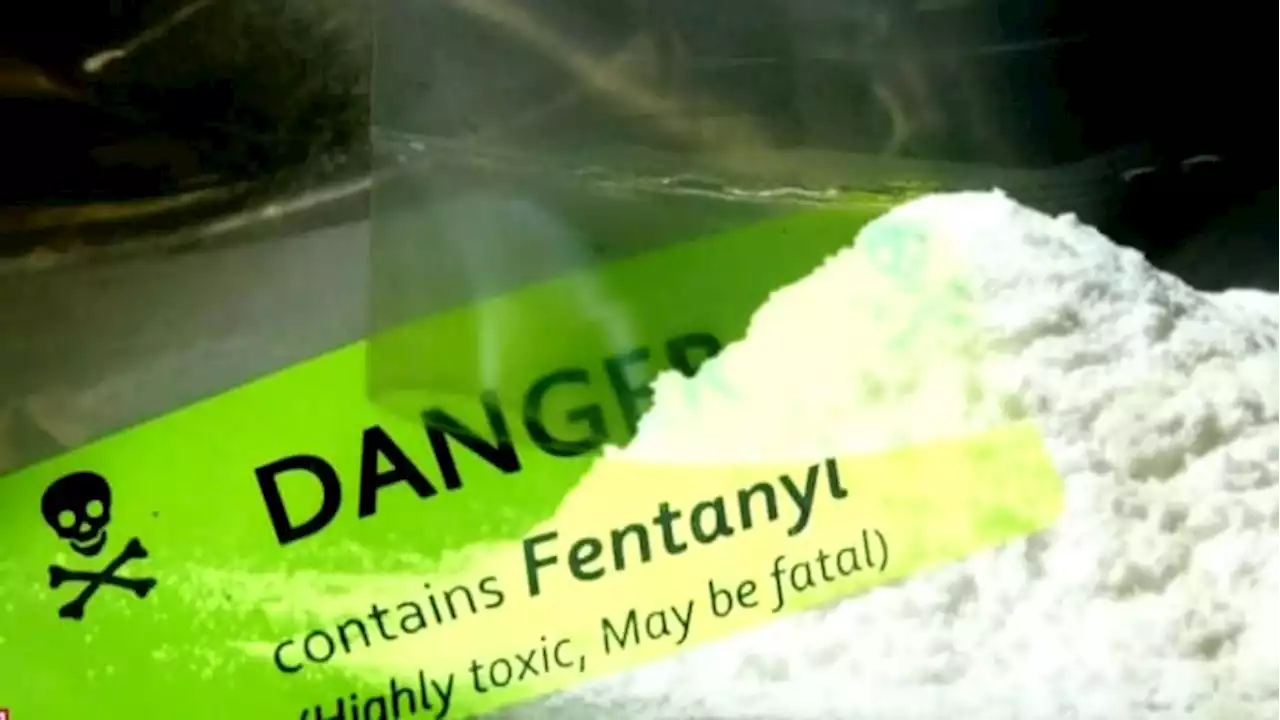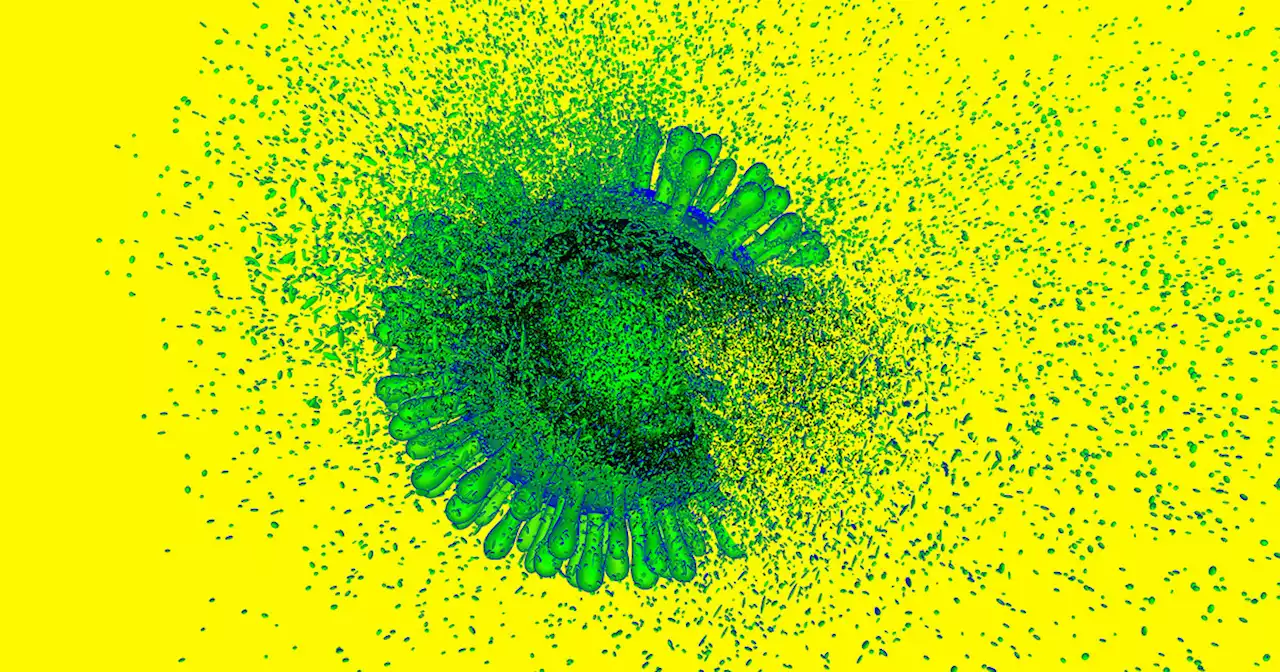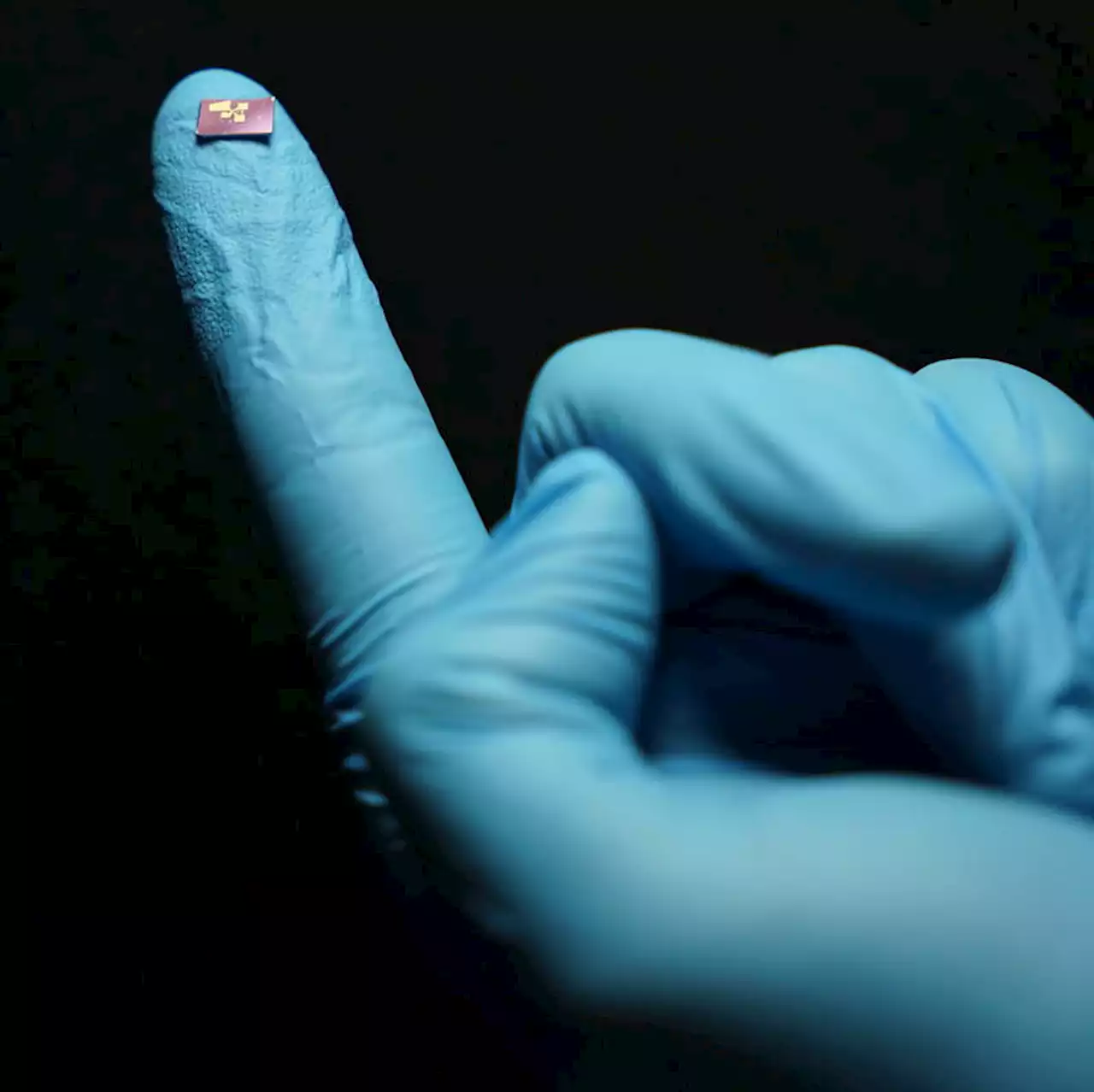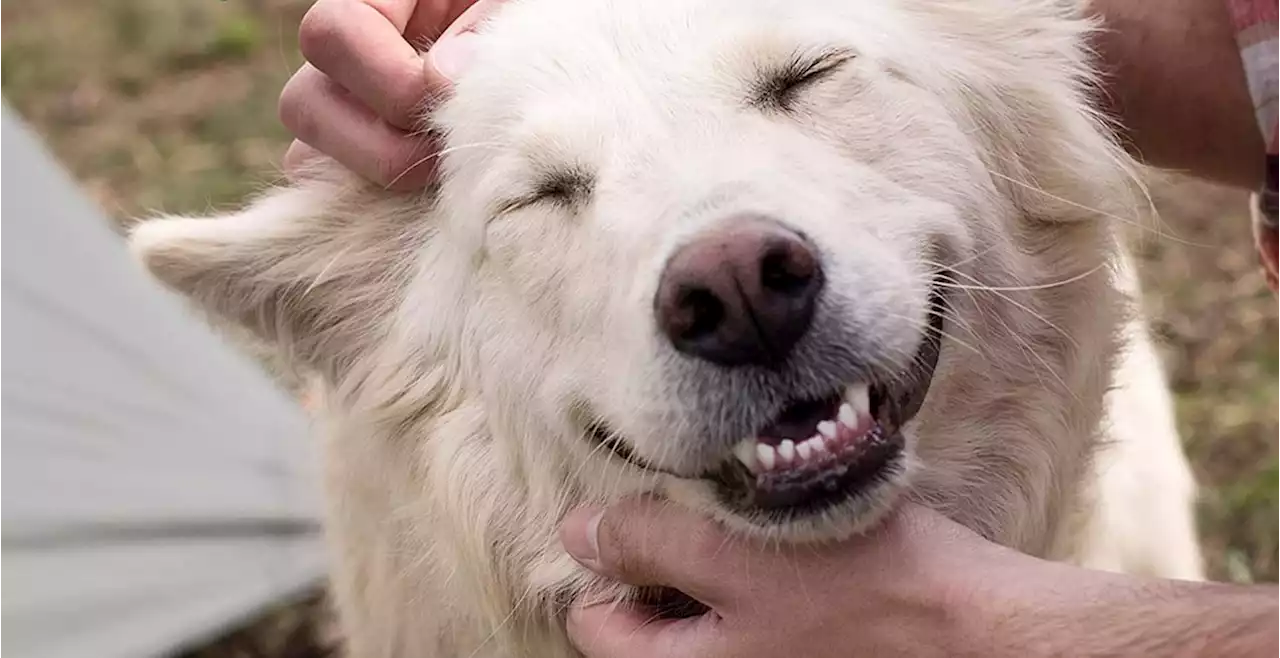Scientists say that the key to curing cancer may actually be hiding in dogs thanks to certain genetic qualities.
The key to curing cancer may be hidden within the genetic differences between humans and dogs. According to scientists working with the National Institutes of Health, dogs get the same diseases that we do, and they have many of the same genes that we do, too. However, in the last 200 years, the way dogs look, and the genes responsible for those looks, have been exploited significantly.
It’s through these exploits that Elaine Ostrander, a senior geneticist with the NIH, believes we may find the key to curing cancer. That’s because the exploits make it easier to study genes in dogs than in humans, Ostrander explained to“There was some variation,” Ostrander noted when Cooper asked about dogs being more similar to humans over 200 years ago.
For example, some breeds of dogs tend to get certain types of cancer more, and that allows scientists to target the genes in those dog breeds. This could make finding a key to curing cancer much easier, especially if they focus on the different mutations. The idea that we could be getting closer and closer to a proper cancer treatment is exciting. While chemotherapy has shown some success in the past, it wreaks havoc on the body. So, finding a key to curing cancer that doesn’t require debilitating treatment is something that many are excited about.
United States Latest News, United States Headlines
Similar News:You can also read news stories similar to this one that we have collected from other news sources.
 Team of UH scientists find new hope in the fight against fentanyl: A vaccineA team of Houston scientists developed a vaccine that could block fentanyl from entering the brain, eliminating overdose and even death.
Team of UH scientists find new hope in the fight against fentanyl: A vaccineA team of Houston scientists developed a vaccine that could block fentanyl from entering the brain, eliminating overdose and even death.
Read more »
 Scientists Hopeful About Promising Results From HIV VaccineAn experimental HIV vaccine has intrigued scientists after they found it was able to generate antibodies against the deadly virus in 35 out of 36 people.
Scientists Hopeful About Promising Results From HIV VaccineAn experimental HIV vaccine has intrigued scientists after they found it was able to generate antibodies against the deadly virus in 35 out of 36 people.
Read more »
 The world's tallest active geyser won't stop erupting, and scientists don't know whyIf you’re headed to Yellowstone National Park in Wyoming, there’s a good chance that visiting the park’s iconic geysers will be near the top of …
The world's tallest active geyser won't stop erupting, and scientists don't know whyIf you’re headed to Yellowstone National Park in Wyoming, there’s a good chance that visiting the park’s iconic geysers will be near the top of …
Read more »
 Scientists Say They've Figured Out the Ideal Urinal for Not Splashing BackWhy get pee all over your pants when you can use the ultimate, splashback free urinal designed by scientists at the University of Waterloo?
Scientists Say They've Figured Out the Ideal Urinal for Not Splashing BackWhy get pee all over your pants when you can use the ultimate, splashback free urinal designed by scientists at the University of Waterloo?
Read more »
 Scientists discover new possible clue in Amelia Earhart mysteryScientists believe that they have discovered a key clue in the mysterious death of aviation pioneer Amelia Earhart — who famously went missing during her ill-fated flight around the globe in …
Scientists discover new possible clue in Amelia Earhart mysteryScientists believe that they have discovered a key clue in the mysterious death of aviation pioneer Amelia Earhart — who famously went missing during her ill-fated flight around the globe in …
Read more »
 Advanced “Lab on a Chip” – Scientists Have Created a Powerful, Ultra-Tiny SpectrometerThe tool opens the door to the widespread use of portable spectrometers. Researchers in the field of optical spectrometry have created a better instrument for measuring light. This advancement could improve everything from smartphone cameras to environmental monitoring. The research, led by Finl
Advanced “Lab on a Chip” – Scientists Have Created a Powerful, Ultra-Tiny SpectrometerThe tool opens the door to the widespread use of portable spectrometers. Researchers in the field of optical spectrometry have created a better instrument for measuring light. This advancement could improve everything from smartphone cameras to environmental monitoring. The research, led by Finl
Read more »
